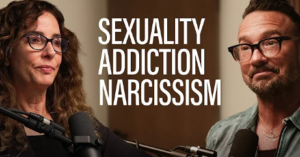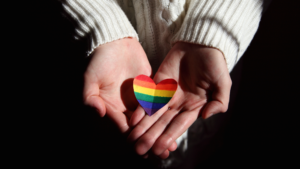Friday, April 24, 2020
1:30pm – 2:30pm, PACIFIC TIME
FREE ONLINE LECTURE FOR PROFESSIONALS!
Weight stigmatization and fat phobia are rampant in our culture, fueling depression, anxiety, eating disorders and compromising health in people of all sizes. This talk will explore how weight stigma impacts intimacy and relationships as well as how women and men are individually impacted. We will conclude with tools for combating internalized weight stigma.
Learning Objectives:
- Define weight stigmatization and how it impacts mental and physical health.
- Identify 3 ways that weight stigma impact intimate relationships and how they impact men and women differently
- Describe 2 practices to support overcoming internalized weight stigma.
Cori’s webinar presentation will take place on Zoom. To register for this webinar, simply click here. On the day of the webinar, you can join the meeting starting at 1:15 pm PT.
About Cori Rosenthal, MFT
Cori Rosenthal,MFT is a Santa Monica based marriage and family therapist (#98720) and mindfulness educator in private practice in Santa Monica. She incorporates mindfulness, compassion practices and Brainspotting in her work with adolescents and adults. She specializes in working with intimacy and codependency, eating disorders, disordered eating, trauma, anxiety and depression. Cori earned a master’s degree in Psychology from Antioch University and is currently working toward becoming a Certified Eating Disorder Specialist.
If you have any questions, please e-mail meliza@centerforhealthysex.com



